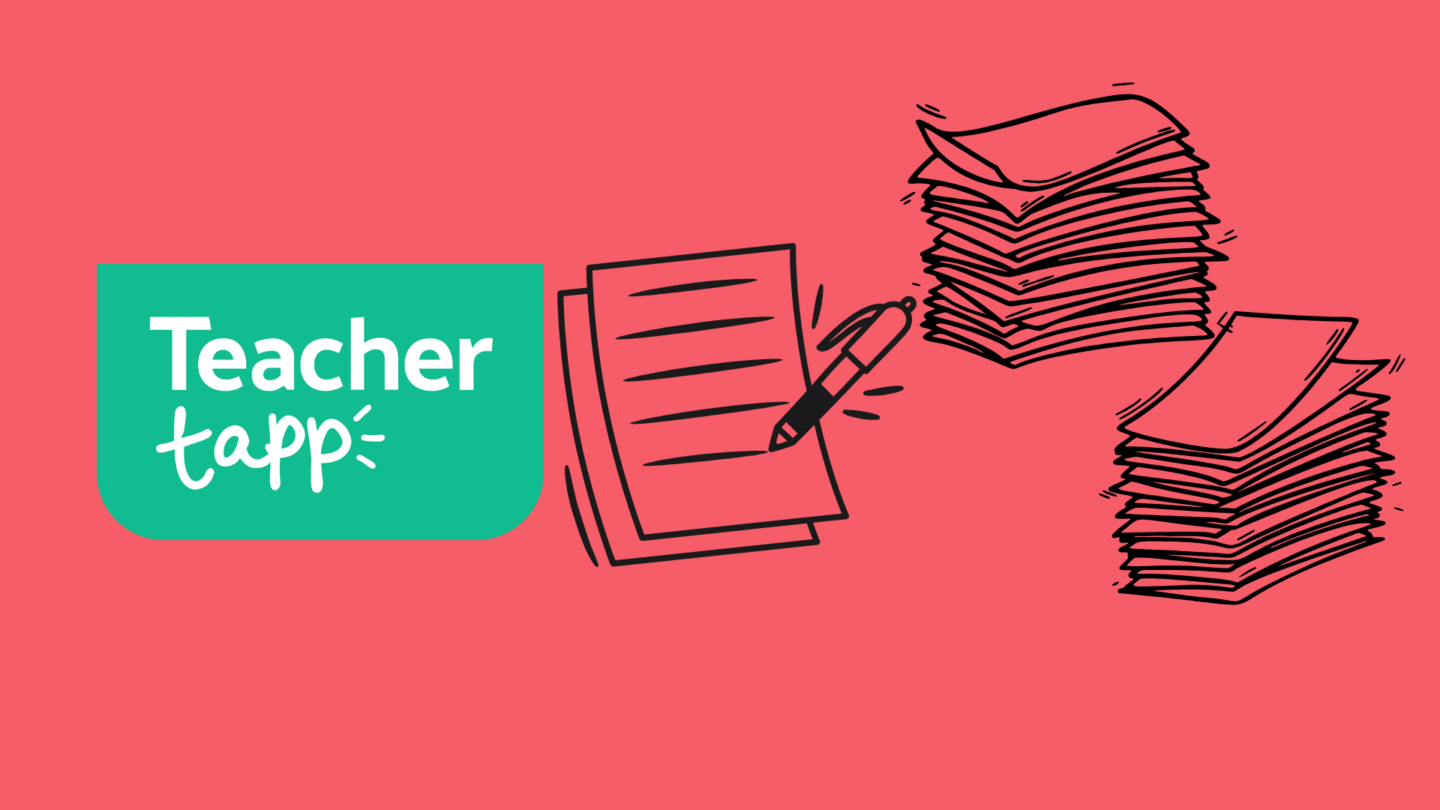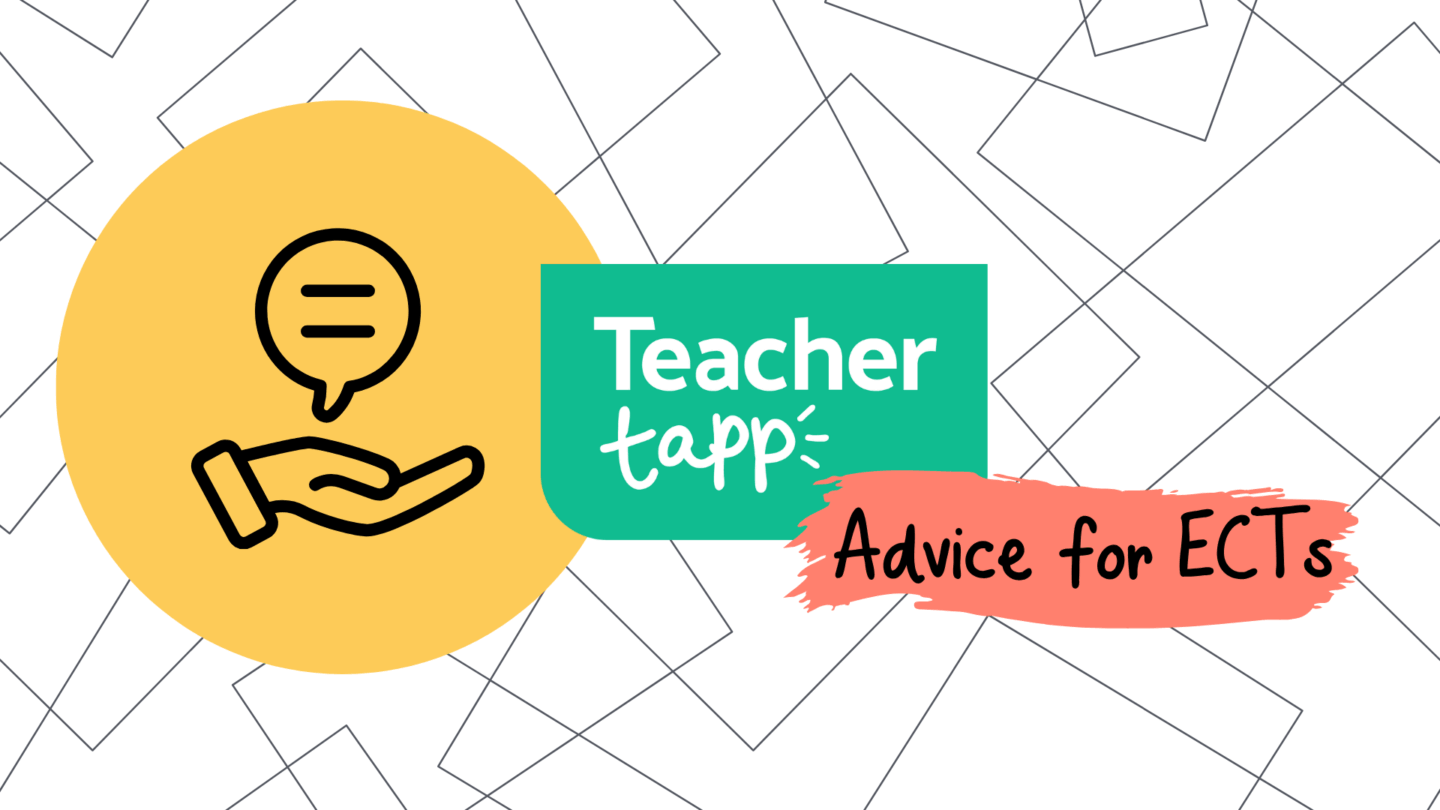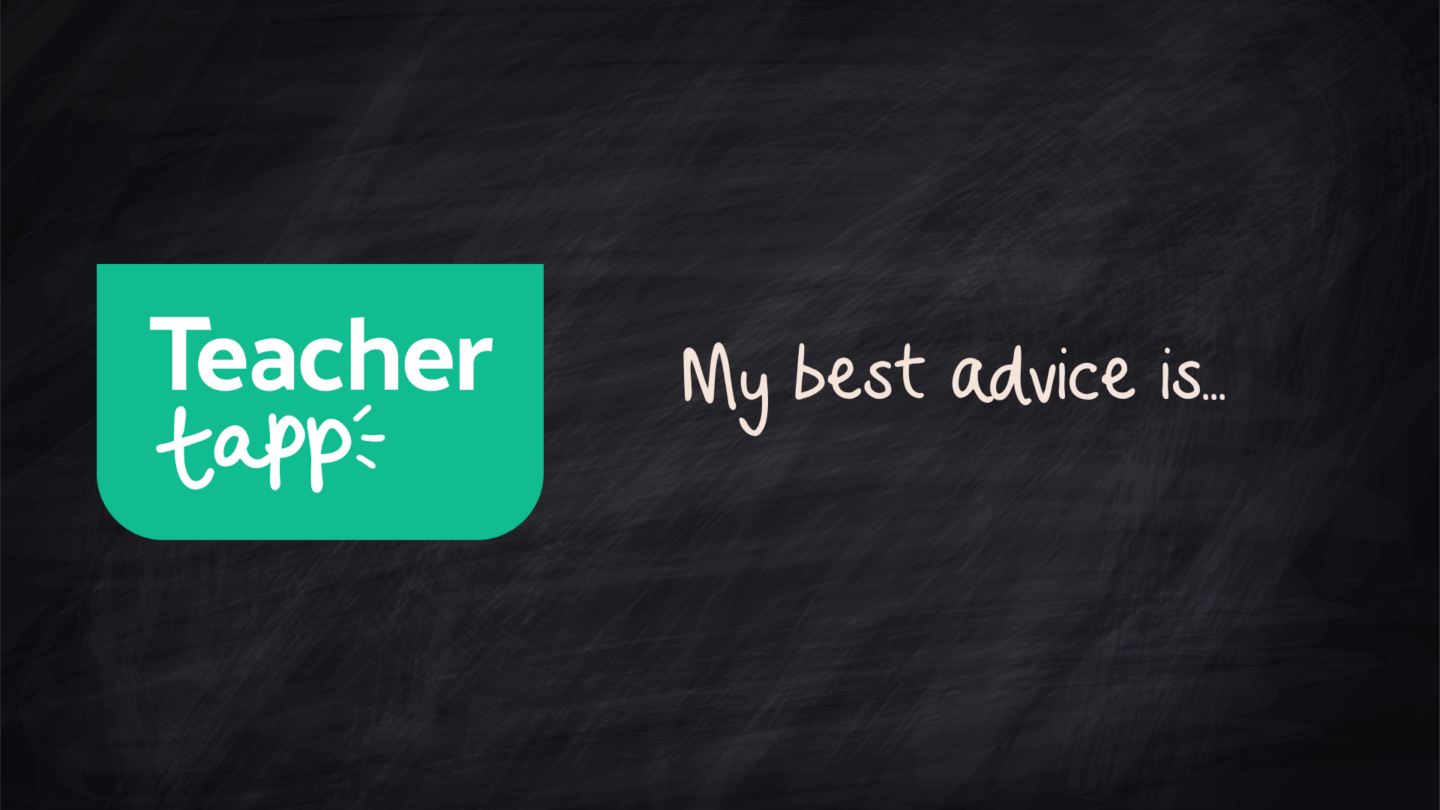Hey Tappsters!
Happy Half Term to those who have begun their holiday already (just under half in the North East, and a third in London, Midlands, and the South East), though most of you are starting next week and a lucky 16% have two weeks off 🤩.
Here is this week’s essential edu-data…
Mobile phones
Last month, just 8% of secondary teachers had a student take their mobile phone out in their most recent lesson, but perhaps the ‘back to school best behaviour’ shine is dulling, as that has now risen to 10%. 😭
📱Mobile phone use seems to plague most subjects equally, but those dealing with it more than others seem to be PE teachers (13%) but was ist das? MFL teachers experience this the least (6%).
📵 Classroom teachers are also more likely to be the ones catching pupils on mobile phones (11%) whereas heads of department and heads of year are slightly less (9%) and senior leaders and headteachers even less likely (7%). So if you’re a classroom teacher who feels like you’re playing a game of ‘techno-hungry hippos’ and swiping phones off children everywhere – you’re not the only one.
Over in primary schools, mobile phones are usually handed in at the start of each day (76%) and some ban them entirely (13%). Therefore it makes sense that hardly any (~0%) reported seeing a student taking a mobile out in their lesson – however, they are a problem outside of classes for a very small number. 3% reported spotting students on them when they shouldn’t be during break times or lunchtimes.
Have mobile phones continued to be a problem in your school? How robust is your sanction system for students who use them? Share your stories via the app or over socials…📝
Lunchtime and breaktime
Monitoring mobile phone use is just one of the tasks when you’re on break duty. When and where you do your duties can make a world of difference – covering the toilets on the other side of the school on your own is infinitely less desirable than being on corridor duty outside your classroom with your work best friend.
One thing that makes it easier is having enough staff on duty to manage any behaviour issues that arise.
Overall, the feeling on supervision is split: 53% say there is enough, 47% say there is not. But break this down by primary vs secondary and seniority and a story emerges.
Sometimes in schools, the perception of classroom teachers and senior leaders can vary – however, in the case of breaktime supervision, this is only the case in primary schools: 45% of classroom teachers say there is enough, compared to 61% of senior leaders including headteachers.
In secondary the opinion is more aligned: 58% of classroom teachers AND 59% of senior leaders including headteachers say there is enough.

Why is it that in primary schools senior leaders have a different view to their classroom teachers? This might be down to how many duties are done by senior leaders in primary vs secondary.
Secondary headteachers and senior leaders are more likely than primary senior leaders to be doing four or more duties a week (77% vs 48%). More time treading the concrete of the playground could give secondary leaders and classroom teachers a more aligned view of the needs of their pupils during lunch and break.

Of all the times students need supervision, which situation presents the most challenges and requires extra attention?
Primary schools
🥗🍴 Lunchtime (60%) and 🍎 break time (33%).
Secondary schools
🚶📚 Transitions between classes (55%) and 🍴🥗 lunchtime (44%).
In an ideal world, how should children be supervised at break and lunch? Is this a job for teaching staff, senior staff or midday assistants – or a mixture of all three? You can read more about what you can (and can’t) be asked to do during a break supervision in this article from Edapt.
Alien words 👽
Moving from the playground to outer space…sort of. The phonics test check taken by pupils in year one includes ‘alien words’. These are nonsense words that appear in the test alongside a cartoon of a creature. The Department for Education explains that these words are included “to assess whether [a] child can decode a word using their phonics skills”.
Not everyone agrees with the approach of explicitly teaching children to identify ‘alien’ words (you can read more about both arguments here) and its clear that both approaches are being used, with 75% of EYFS and KS1 teachers teaching children to identify alien words, and 25% not teaching them to.
🛸 Do you have strong feelings about the practice of teaching children to identify alien words? Is it something you do just before the test? Let us know your thoughts…
Time to bin GCSEs?
Jumping from tests in the infants to KS 4 exams: it looks like teachers would prefer to KEEP the GCSE qualification with only 18% ‘get rid’ and 64% saying ‘keep’ and 19% undecided.
The strength of feeling to ditch GCSEs is at its lowest since the tricky GCSE algorithm of 2020. It has fallen from 30% in favour of dropping GCSEs in 2020, to 26% in 2021, and then 22% in 2022, and now it’s lowest at 18%.
Maths teachers are the LEAST LIKELY to want to drop the GCSE (9%) and MFL are teachers are the MOST LIKELY to want another qualification (24%). Perhaps they would prefer the International Baccalaureate? 🤔
Worst weather
Whoever said “There is no bad weather, only bad clothing” clearly hadn’t done break time duty in England. Even if children DO have the right clothing, getting them to wear their coats outside isn’t easy (primary AND secondary have this problem – albeit for different reasons…).
WIND was voted the WORST weather for behaviour 💨🍃(52%) holding onto the crown having also topped the chart in 2021 AND 2020.
In order – the worst weather for pupil behaviour is…
- Wind 💨
- Rain 🌧️
- Snow ⛄️
- Hot sunshine ☀️
And this ranking doesn’t change no matter where in the country you are…so it just goes to show, North, South, East or West – all children go a bit 🥴 in the wind!
🎩 Top events
A new event topped the chart this week! Thinking Deeply About Primary Education: Retrieval Practice with Kate Jones.
This is a FREE podcast – and one of a series, so if you’re on the hunt for a new listen, or for a different type of event – go to the events tab in the app and filter by topic, price and location.
Ups and Downs
On the rise 📈
Schools without a carpet area for primary – more schools have ditched ‘carpet time’ altogether compared to October 2022. 42% say they have no carpet or floor sitting area in their classroom, UP from 36% two years ago.
Heading down 📉
Teachers feeling appreciated by their leadership team – Fewer teachers feel appreciated by their school leadership compared to 2020. 46% feel appreciated DOWN from 58% in 2020.
Daily Reads
This week our most-read blog was a wellbeing special about spotting the signs of burnout.
Have you seen a great blog you think would make a great daily read? Let us know by emailing england@teachertapp.co.uk and we will check it out!





